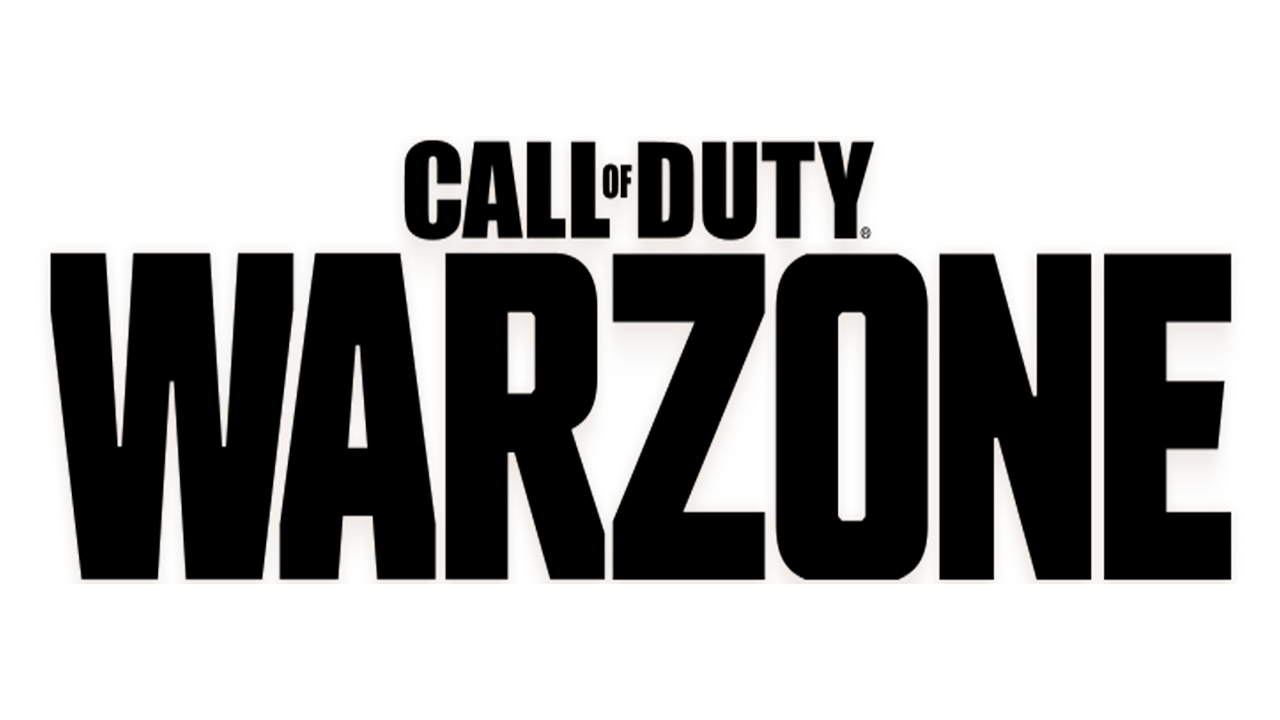Call of Duty Warzone has firmly established itself as one of the most popular and influential battle royale games since its release in March 2020. As a free-to-play addition to the long-running Call of Duty franchise, Warzone has captivated millions of players worldwide with its intense, fast-paced combat, impressive production values, and seamless integration with other mainline Call of Duty titles.
In this in-depth blog post, we’ll explore the origins and evolution of Call of Duty Warzone, analyzing how it has become a dominant force in the crowded battle royale genre and the key factors that have contributed to its ongoing success. We’ll dive into the game’s unique features, the impact it has had on the larger Call of Duty ecosystem, and the future directions the franchise might take as it continues to evolve and adapt to the ever-changing landscape of the gaming industry.
The Birth of Warzone
Call of Duty Warzone was first introduced in March 2020, just as the COVID-19 pandemic was beginning to take hold globally. Developed by Infinity Ward and published by Activision, Warzone was a bold and timely move by the Call of Duty franchise, capitalizing on the growing popularity of the battle royale genre while also providing a free-to-play entry point for players who may have been hesitant to invest in the more traditional, premium-priced Call of Duty releases.
The decision to make Warzone a free-to-play experience was a strategic one, as it allowed the game to quickly amass a massive player base and establish a strong foothold in the market. By removing the financial barrier to entry, Warzone was able to attract a wide range of players, from long-time Call of Duty fans to newcomers to the franchise, all drawn to the thrill of the battle royale format.
The game’s launch was met with overwhelming success, with Warzone reaching 50 million players in just the first month of its release. This rapid growth was aided by the game’s seamless integration with the latest mainline Call of Duty title at the time, Call of Duty: Modern Warfare (2019), allowing players to carry over their progress, weapons, and cosmetic items between the two games.
Unique Features and Gameplay
What sets Warzone apart from other battle royale games is its blend of classic Call of Duty mechanics and innovative new features tailored specifically for the genre. The game’s core gameplay loop revolves around a massive, 150-player battle royale mode set in the fictional Verdansk region, where players must scavenge for weapons, equipment, and resources while engaging in intense firefights to be the last team standing.
One of Warzone’s standout features is its Gulag system, which provides a unique twist on the typical battle royale respawn mechanics. When a player is eliminated, they are sent to the Gulag, a one-on-one deathmatch arena where they have a chance to earn a second chance at life by defeating another fallen player. This adds an extra layer of strategy and tension to the gameplay, as players must weigh the risks and benefits of attempting to fight their way back into the main match.
Another key feature is the game’s robust vehicle system, which allows players to traverse the expansive Verdansk map using a variety of land, air, and water-based vehicles. These vehicles not only provide a means of quick transportation but can also be used tactically in combat, with players able to mount weapons and use them as mobile strongholds.
Warzone’s emphasis on teamplay is also a significant part of its appeal, with the game’s squad-based gameplay encouraging players to coordinate their efforts, share resources, and support one another in the heat of battle. This cooperative aspect has helped foster a strong sense of community among Warzone players, who often form lasting friendships and gaming partnerships through their shared experiences on the battlefield.
The Evolution of Warzone
Since its initial launch, Call of Duty Warzone has undergone a remarkable evolution, with Activision and the development teams at Infinity Ward, Raven Software, and Treyarch continuously updating and expanding the game to keep it fresh and engaging for its growing player base.
One of the most significant updates to Warzone was the introduction of a new map, Rebirth Island, in December 2020. This smaller, more close-quarters oriented map provided a refreshing alternative to the sprawling Verdansk, offering a quicker-paced and more intense gameplay experience for players.
The Rebirth Island map was followed by the release of a brand-new Warzone map, Caldera, in December 2021. Inspired by the Pacific theater of World War II, Caldera introduced a lush, tropical environment that contrasted sharply with the urban setting of Verdansk, offering new terrain, landmarks, and strategic considerations for players to navigate.
In addition to the new maps, Warzone has also undergone regular content updates that have introduced new weapons, equipment, and gameplay mechanics. These updates have kept the game feeling fresh and engaging, ensuring that players always have new challenges and strategies to explore.
One of the most significant content updates was the integration of Call of Duty: Black Ops Cold War in 2020, which allowed players to use weapons and operators from that title within the Warzone ecosystem. This integration was later followed by the integration of Call of Duty: Vanguard in 2021, further expanding the game’s arsenal and character roster.
These integrations have been crucial in maintaining Warzone’s relevance and keeping it aligned with the broader Call of Duty franchise. By seamlessly incorporating new content and features from the latest mainline Call of Duty releases, Warzone has been able to stay at the forefront of the battle royale genre, constantly evolving and offering players fresh experiences.
The Impact on the Call of Duty Franchise
The success of Call of Duty Warzone has had a significant impact on the broader Call of Duty franchise, both in terms of its commercial success and its influence on the development and direction of future titles.
From a financial perspective, Warzone has been a remarkable success for Activision, generating substantial revenue through in-game microtransactions and driving increased sales of the mainline Call of Duty titles. The free-to-play model has allowed Warzone to attract a massive player base, which in turn has generated a steady stream of revenue from cosmetic items, battle passes, and other optional purchases.
This financial success has had a direct impact on the development and support of Warzone, with Activision and the various Call of Duty studios investing significant resources into maintaining and expanding the game. This has resulted in a steady flow of new content, maps, and features, keeping the game fresh and engaging for players.
Beyond the financial implications, Warzone has also had a significant influence on the creative direction of the Call of Duty franchise as a whole. The success of Warzone has demonstrated the market’s appetite for large-scale, multiplayer-focused experiences that blend the classic Call of Duty gameplay with new and innovative mechanics.
This realization has likely shaped the development of future Call of Duty titles, with the studios responsible for the mainline games likely taking cues from Warzone’s design and integrating similar features and systems into their own products. The seamless integration between Warzone and the latest Call of Duty releases is a testament to this, as the franchise continues to evolve and adapt to the changing landscape of the gaming industry.
The Future of Warzone
As Call of Duty Warzone continues to grow and evolve, it’s clear that the game will play a crucial role in the future of the Call of Duty franchise. With the ongoing support and investment from Activision and the various development studios, Warzone is poised to remain a dominant force in the battle royale genre for the foreseeable future.
One of the key areas of focus for Warzone’s future development is the continued expansion of its content and features. This is likely to include the introduction of new maps, weapons, equipment, and gameplay modes, as well as the integration of content and assets from future mainline Call of Duty releases.
Additionally, there is the potential for Warzone to explore new directions, such as the incorporation of more persistent, live-service elements that could enhance the game’s longevity and player engagement. This could include the implementation of a more robust in-game economy, expanded progression systems, and ongoing narrative-driven events and challenges.
Another area of potential focus for Warzone’s future is the continued refinement and optimization of its technical performance. As the game has grown in scale and complexity, there have been occasional issues with things like server stability, matchmaking, and in-game performance. Addressing these technical challenges will be crucial in maintaining Warzone’s position as a premier battle royale experience.
Ultimately, the future of Call of Duty Warzone will likely be shaped by a combination of player feedback, industry trends, and the strategic vision of Activision and the development teams. However, one thing is clear: Warzone has firmly established itself as a cornerstone of the Call of Duty franchise, and its continued evolution and success will be a key factor in the long-term health and growth of the franchise as a whole.
Conclusion
In conclusion, Call of Duty Warzone has proven to be a game-changing addition to the Call of Duty franchise, captivating millions of players worldwide with its intense, fast-paced battle royale gameplay and seamless integration with the mainline Call of Duty titles.
From its humble beginnings in 2020 to its current status as a dominant force in the battle royale genre, Warzone has undergone a remarkable evolution, continuously introducing new content, features, and gameplay innovations to keep players engaged and coming back for more.
The impact of Warzone on the Call of Duty franchise has been substantial, both in terms of its financial success and its influence on the creative direction of future titles. As the game continues to evolve and adapt to the ever-changing landscape of the gaming industry, it’s clear that Warzone will play a crucial role in the ongoing success and growth of the Call of Duty franchise for years to come.

